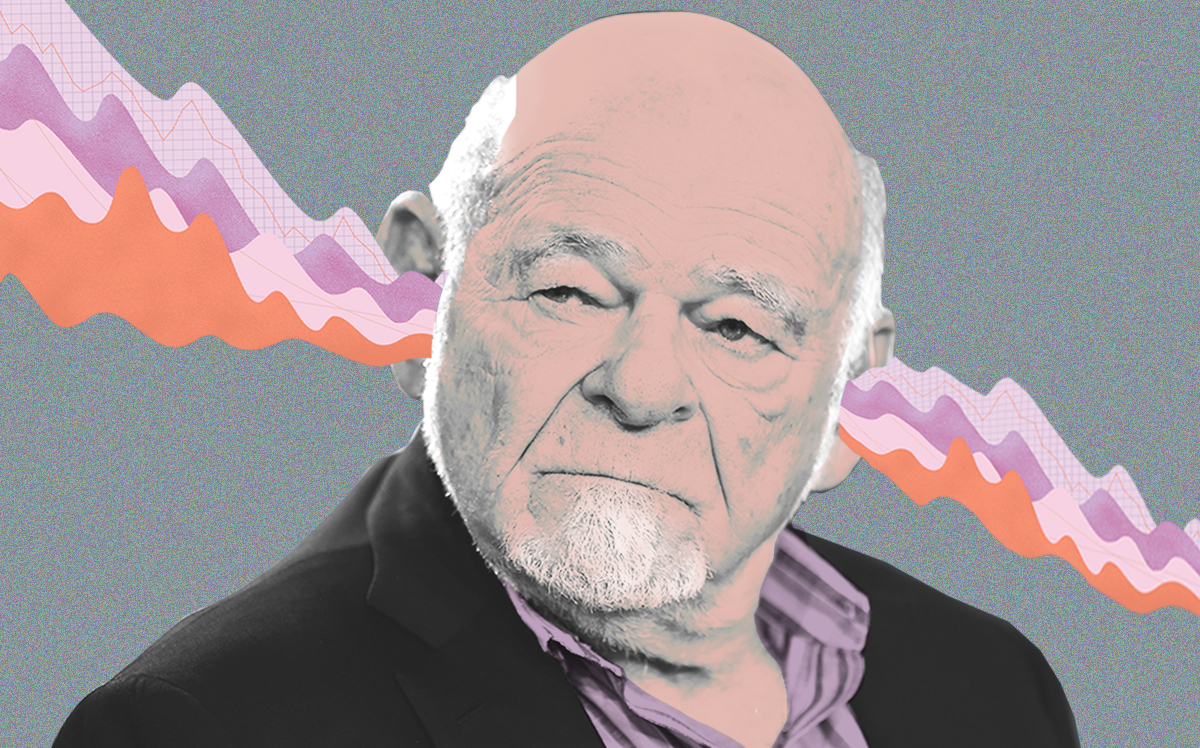 Equity Residential sees profits drop 58%
Equity Residential sees profits drop 58%
Trending
Equity Residential sees profits drop 13% in Q4
Occupancy is up, concessions are down, showing signs of recovery

There may be a light at the end of the tunnel for Sam Zell’s Equity Residential: Its earnings dropped less in the fourth quarter than they did in the previous one.
The REIT’s net income in the fourth quarter was $263 million, down 13 percent from $277.8 million in the same period last year, the company reported Wednesday.
While the year-over-year drop is significant, it’s much smaller than the 58 percent year-over-year drop it saw in the third quarter. Its total revenue during the fourth quarter was $613.4 million, down by 10 percent year-over-year.
The company’s multifamily portfolio was severely affected by urban flight after the pandemic began. As tenants in cities like New York City and San Francisco decamped to the suburbs and smaller cities, the average occupancy rate of the REIT’s urban apartments plummeted by nearly 8 percentage points. It went from nearly 96.5 percent in early March to about 88.5 percent in late October.
Read more
 Equity Residential sees profits drop 58%
Equity Residential sees profits drop 58%
 There’s an exodus from NYC. But can it last?
There’s an exodus from NYC. But can it last?
 New Yorkers’ exodus could unravel rent regulation
New Yorkers’ exodus could unravel rent regulation
But that trend started reversing in December, and continued to improve at the start of 2021. The occupancy rate for Equity’s urban portfolio was nearly 92 percent in January.
“We are encouraged by the recovery in demand in all of our markets and especially in our urban submarkets,” CEO Mark Parrell said during Wednesday’s earnings call.
The company owns and operates 304 multifamily properties, many of which are in big cities like Los Angeles, San Francisco, Seattle and New York.
To weather the storm, the landlord used concessions to lure tenants at the height of the pandemic. But it’s scaled those back in the past four weeks, with between 25 to 30 percent of leasing applications coming with some kind of concession versus 50 percent in November, said COO Michael Manelis.
“We have a long way to go but recovery is in sight,” he said.
Still, the company intends to unload a few properties in places such as New York City and San Francisco if the price is right.
“It’s not like we’re not interested in staying invested in the area. It’s just spreading the money out a little bit,” Parrell said.
“I think New York will continue to be a great urban center, and San Francisco will eventually recover,” he added. “But I think places like Denver now have an urban center. It’s not as dense as it needs to be, but it’s attractive.”




